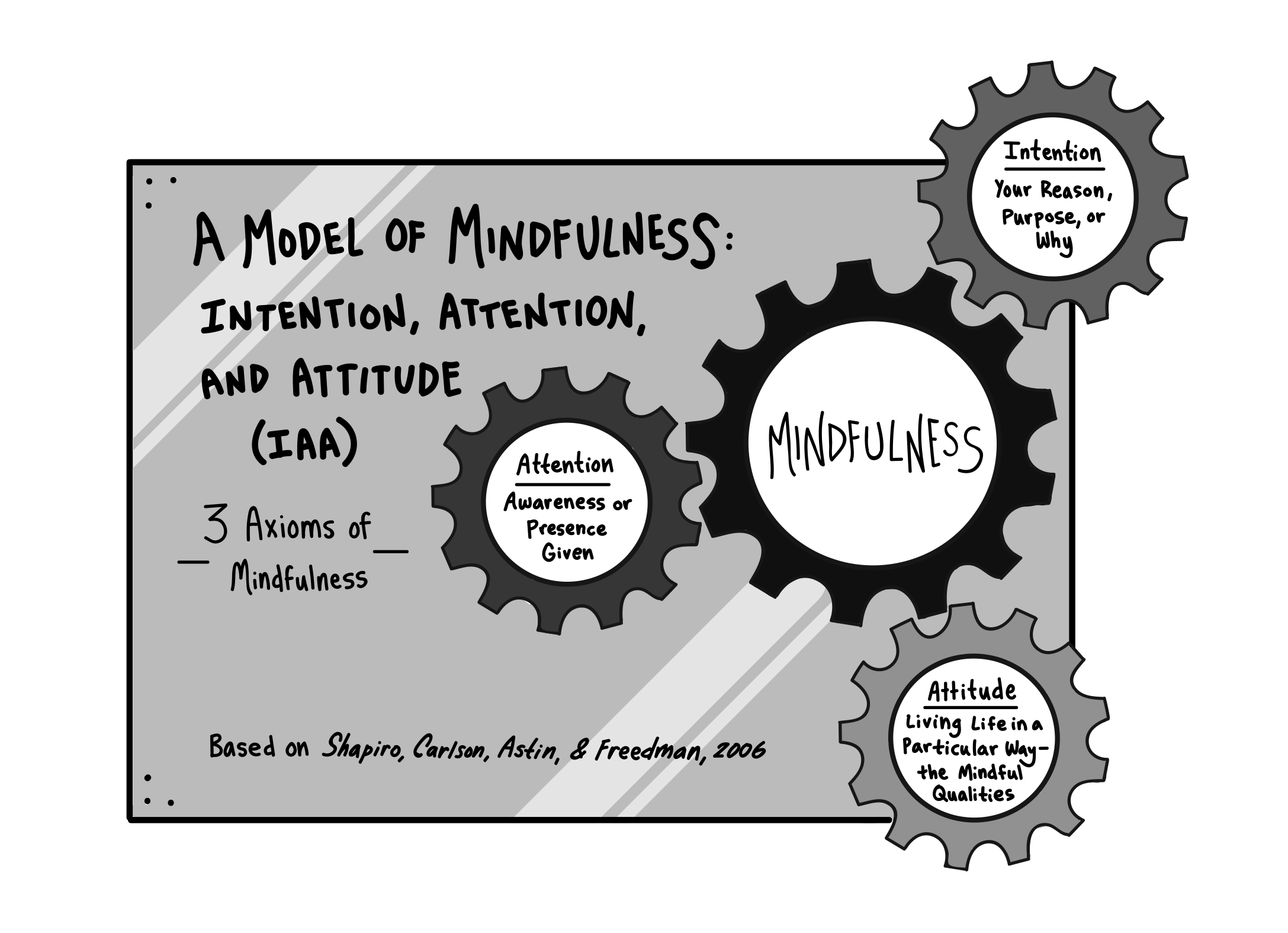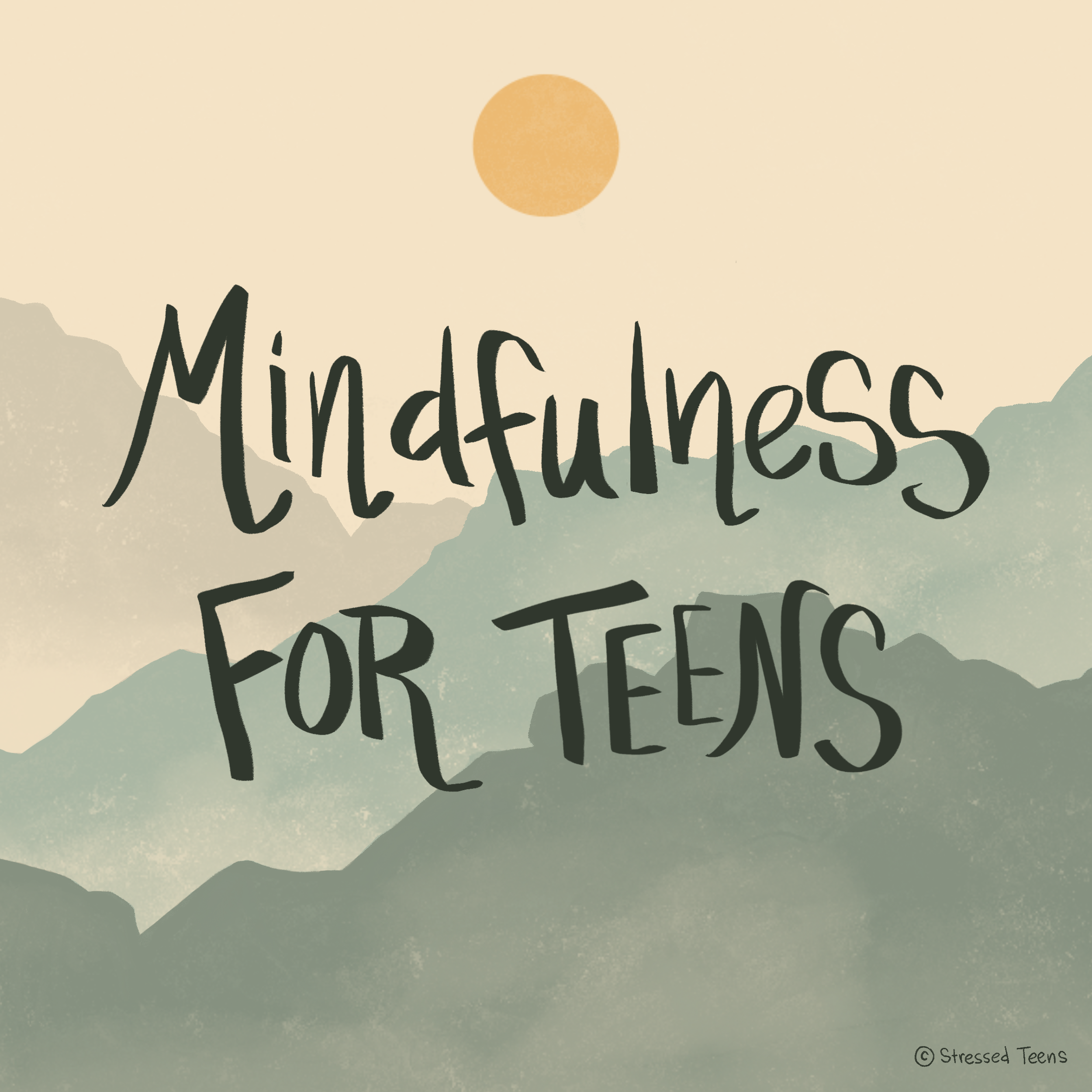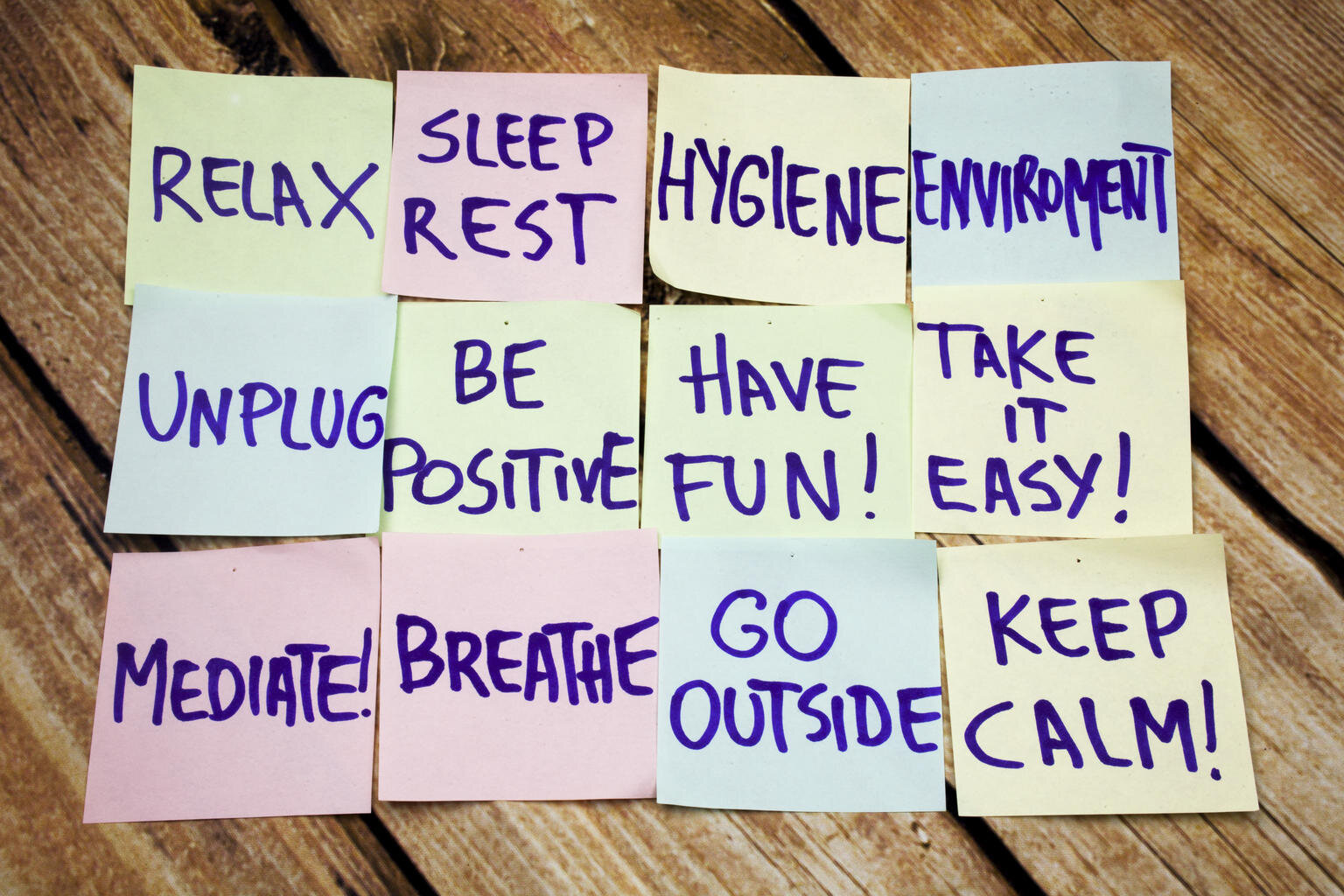Note: There are many downloadable activities and resources specific for Teens on the Resources for Teens page and the Stressed Teens Toolbox.
Effective instructors, regardless of their professional discipline (e.g., psychotherapy or education) have several important characteristics, including extensive experience with the personal practice of mindfulness. Learning MBSR-T and MBSR will assist instructors in being more mindful people who are aware, in their own unique ways, of what it is like to learn mindfulness practices and to cultivate mindfulness in daily life. Effective instructors are also deeply empathic with teens and are able to create a safe environment for discussion of sensitive issues.
Following are some instructor qualities that can increase the success of MBSR-T:
· Having genuine concern for teens
· Learning and embodying mindfulness on a personal level
· Being an authentic presence through appropriate self-disclosure and taking part in sharing of experiences
· Presenting the skills flexibly
· Creating a safe and supportive environment by listening with attention and respect and communicating the nature of confidentiality and its limits
· Providing boundaries and group rules as needed
Cultural relevance is defined as an intentional awareness of, healthy curiosity about, and respect for the cultural markers that are important to the population you are working with. Instructors don’t have to adopt teens’ interests but can demonstrate an interest in their lives by learning about topics that are important to them; asking about unfamiliar issues, words, or slang (e.g., chosen gender identity pronouns, Snapchat, Minecraft, or fleek); and incorporating examples from teens’ lives (e.g., lyrics from a song or a clip from a popular movie). Linking teen-relevant examples to the material being taught will improve rapport and understanding.
Mindfulness is an inside out approach!
Mindfulness works because someone pays attention, with intention, and with a given attitude—the mindful qualities. See the image to see a working model of how these three work together.
Mindfulness is about noticing all moments, those pleasant, unpleasant, and neutral.
Track your pleasant moments for one week and your unpleasant moments the next. You can see how even in unpleasant days there are pleasant things you can notice and attend to.
Grounding focal points are physical or functional parts of the body that can be tuned into and noticed at any time. These points are grounding because they can literally ground someone to the present moment and often help shift a teen out of or away from a difficult emotional state. It can be helpful for a teen to pay attention to these points as a calming function. In addition, they can literally ground someone who is in an acute or chronic traumatic state back to the here and now. These points are also focal because they are key points of the body that are a constant either physically or physiologically. Listed here, they can be used any time teens want.
· Fingers or Hands
Toes and/or feet
· Breath and breathing
· Heartbeat
· Heart-rate variability
In-or-out of session, grounding focal points assist teens during mindfulness practice when they are having difficulties either with (1) the practice itself, and/or (2) thoughts that are difficult, overwhelming, and unmanageable at that particular point in time.
· Fingers and/or hands
· Toes and/or feet
· Breath and breathing
· Heartbeat
· Heart-rate variability
Note: These points are good for beginning use in everyday practice situations, but focusing on them during stressful situations could elicit more stress. Once they have developed over time during practices, they can be used skillfully during more stressful situations.
Grounding focal points can also assist a teen in everyday life, during a difficult or heightened emotional state or when thoughts are running rampant. Often teens learn to use these points before a test; during homework, or athletic or competitive performance; in a difficult conflict; or to reduce reactivity or impulsivity.
Teens learn to develop and maintain a mindfulness practice by frequently considering and asking themselves the questions from the lists below. It is not a requirement that a teen who is engaging in mindful practice needs to answer these questions each time; rather, these questions are used to minimize difficulties and distractions that arise in mindfulness practice. Educating a teen on these questions can provide a structure that will contribute to successfully developing and maintaining mindfulness practice during and after sessions.
Using mindfulness in your work download the mindful solutions charting document click on the image to the right.
Teens can be uncomfortable with silence. Adults must remember that teens’ experiences of silence can be quite varied, especially for those who are frequently engaged in the use of multiple electronic devices and surrounded by constant stimuli. Even partial silence (e.g., the ambient noise from a fan or people rustling in the background) can be quite difficult and possibly painful for a teen. Keeping this in mind when introducing a new practice, or determining the length of time for any given practice, is important. Teens who have difficulties with complete or partial silence can be helped by using a variety of grounding focal points.
What do you do when your teen clients are resistant practicing mindfulness?
Use essential oils and drinking tea in mindfulness practice
How can mindfulness practice with teens support mental health?
How long does it take for mindfulness practices to start working with teens?
Use the equation S=P x B Stress=Pain x Blocking. Pain in your life is inevitable both physical and emotional. It is they ways someone blocks their pain that impacts how stressed or not they are. Click on the image to the right to download an activity to work on decreasing stress and suffering.
We can’t be a service to anyone else if we can’t be a service to ourselves. As professionals/parents, we have the ability to model for teens that caring for yourself is NOT being selfish. Not only is it important for professionals to each teens the importance of self-care, but it is equally important for professionals to actively engage in self-care practices.
Click here to read an interview on Tools for Self Care and Peace of Mind
Research demonstrates that the stress inherent in the helping professions may have deleterious consequences including:
Depression
Interpersonal Difficulties
Anxiety
Burnout
Vicarious Traumatization
Click here to read a peer-review journal article on Self-Care for Therapists in Training with MBSR.
Create a Self-Care Water Bottle wall in your counseling center, office, classroom and the like. Here is an example of what a school did in their counseling center.
Adam Avin of Wuf Shanti the only Teen certified as an MBSR-T Facilitator teaching the Self-Care Water Bottle.
Click here to check out his Mindful Moments video series to use with your work with teens.
Every day there are opportunities to engage in self-care that are missed. Self-care is defined as giving attention to one’s physical and psychological well-being. Many consider self-care to be a time- consuming act of spending an entire day on themselves, such as taking a vacation or going to the spa for a day—which can be true, but it isn’t the whole story. Self-care can also encompass the micro-moments available throughout the day showing people that they matter (e.g., thinking of three things a person is grateful for, having a yummy cup of coffee, putting on perfume/cologne, petting one’s dog).
To read more click here
Download a Chapter from the new book Be Mindful & Stress Less: 50 Ways to Deal with Your Crazy Life to learn ways you can give the gift of presence to others and yourself.
In between class, clients, or any time during the day, take a break for yourself. Take a coffee or tea break. Remain mindful as you make and drink your beverage.
Another way you can practice mindfulness throughout the day is to do mindful stretching or walking for 5 minutes. If not stretching, try any mindful movement you want or are potentially skilled in doing. After your mindful movement, consider:
How do you feel now?
What are you thinking?
Remember you can’t be a service to others if you aren’t a service to yourself first. You don’t have to be a superhero.
If you are working with someone who is in danger--being harmed by another person, harming themselves, or at risk for harming someone else please contact 911. Please click here for more information.
Below is a list of resources you can call for additional information:
CALL 911
National Suicide Hotline: 1-800-SUICIDE (784-2433) or the
National Suicide Prevention Lifeline: 1-800-273-TALK (8255)
Both toll-free, 24-hour, confidential hotlines which connect you to a trained counselor at the nearest suicide crisis center.
Suicide Prevention Lifeline
The Web site for this 24-hour, confidential hotline offers details about how to call if you need help, how to identify suicide warning signs, and information for veterans experiencing mental distress. National Suicide Prevention Lifeline: Visit https://suicidepreventionlifeline.org or call 1-800-273-8255.
List of International Suicide Hotlines: Visit http://www.suicide.org/international-suicide-hotlines.html
Crisis Text Line: Visit https://www.crisistextline.org, or text HOME to 741-741.
National Hopeline Network: Call 1-800-784-2433.
National Safe Place: Visit National Safe Place Website or text 44357.
National Alliance on Mental Illness (NAMI): Visit www.nami.org or call 1-800-950-6264.
Society for Adolescent Health and Medicine (SAHM): Visit https://www.adolescenthealth.org/Home.aspx
Love Is Respect: Visit www.loveisrespect.org, text LOVEIS to 22522, or call 1-866-331-9474.
National Eating Disorders Association: Visit www.nationaleatingdisorders.org or call 1-800-931-2237.
Erica’s Lighthouse: A Beacon of Hope for Adolescent Depression: Visit www.erikaslighthouse.org
LGBTQ Resources: Visit www.glaad.org/youth or www.gsanetwork.org
LSEN (an organization that focuses on LGBTQ issues in education): Visit www.glsen.org
Teens Against Bullying: Visit www.pacerteensagainstbullying.org
This website and the resources herein are not meant to take the place of counseling or mental health assistance or help. Working with someone or working directly through these activities might bring up painful emotions or memories that require the support of a mental health professional. Please talk with a mental health professional or an adult you trust to discuss these issues further.


































































































